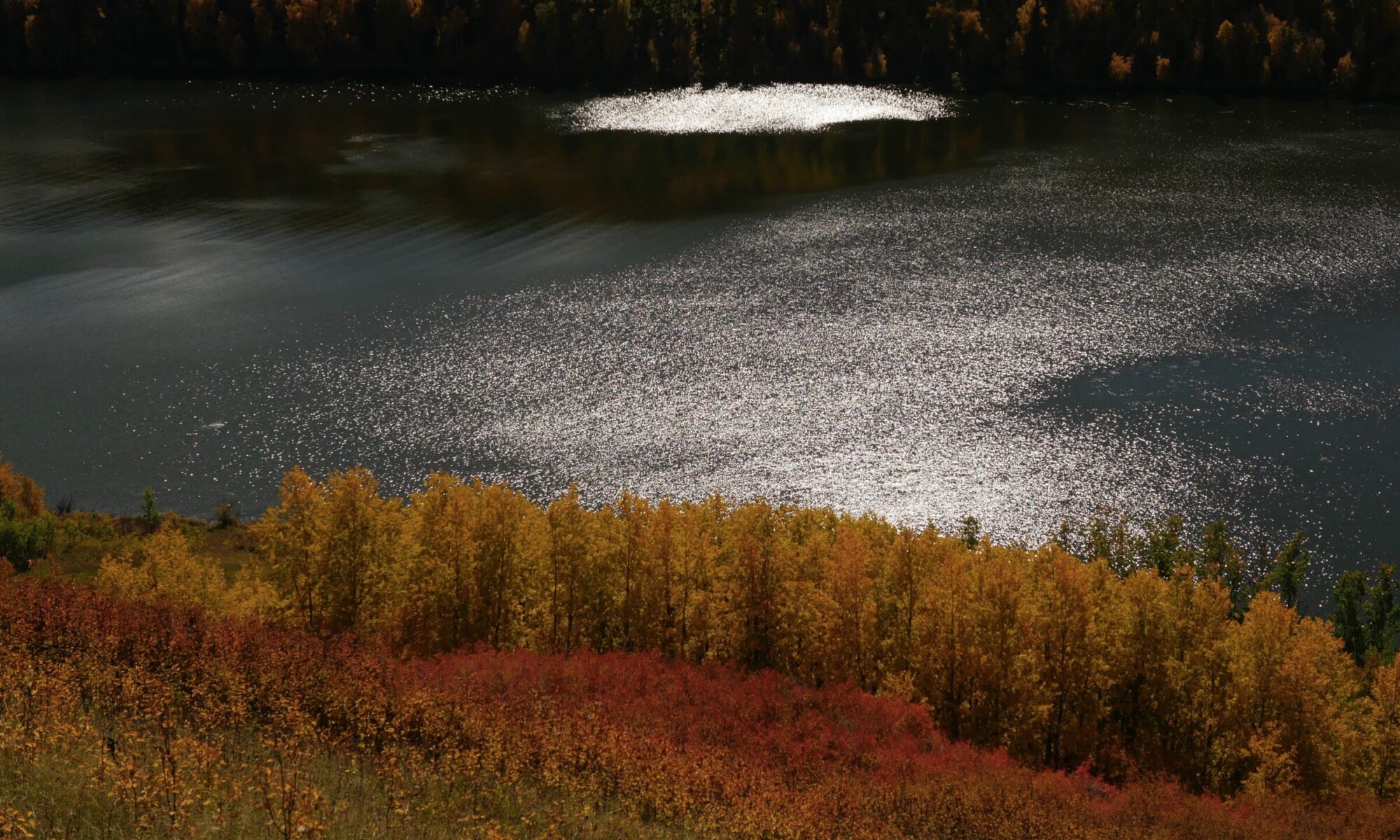A Fish Out of Water
Marshal McLuhan, the great Canadian communications guru once said, “I don’t know who it was that first discovered water but I’m sure it wasn’t a fish.” His point of course: we don’t notice the environment that surrounds us. We simply take it for granted. The fish will only notice the water when it is flopping around on the dock and saying to itself, “Hey, isn’t there supposed to be water or something around here?”
Since the first Earth Day in 1970, many more of us have started noticing our environment and stopped taking it or granted. We have seen ourselves as stewards with an ethical obligation to care for our environment because it is our home. And this is all to the good. Unfortunately, despite the many benefits from this perspective, over the last 43 years things have gotten much worse, not better.
This suggests we must redefine our relationship with our environment. Perhaps we must step outside the traditional concept of stewardship. The major drawback with stewardship is that we see it—earth, the land, our environment—as something outside of us. But there is another perspective coming from science and making a come-back from indigenous peoples.
Modern science has pointed out that our earth came into existence some 4 billion years ago when a giant star went supernova and gave birth to our sun and eight planets including our earth. The minerals on the crust of earth came from the stars. And, through the process of evolution they are the same minerals in our bodies. In a real sense we are earthlings and the stars are our ancestors.
From time immemorial indigenous peoples have grasped this concept. They see earth, the land, as living and the source of their own life, often as a gift of the Creator. The Tlicho (Dogrib) people in the NWT say: “We have come from the land and we will return to the land.”
I discovered the simplest and most eloquent statement of this relationship in a film I saw a few years go. It was about the work of the Coastal Guardian Watchmen, a group of First Nation men and women protecting the Great Bear Rain Forest. In the film an interviewer asks one of the young watchmen why he is doing this kind of work. The man doesn’t talk about protecting “the environment,” or about their land claim, or about liking the work. He said quite simply, as if the answer were self-evident: “We are doing this work because we have made a promise to the Bears and the land to protect them.”
Mike Bell
Comox B.C.
3 Replies to “A Fish Out Of Water”
Comments are closed.

Thanks for this post Mike. An adaptation of last quote was said by Elder Saddleback last year at the Responsibility for the Land Conference: the bears and the hills and all the parts of the landscape are a their people’s brothers and sisters. And I wondered, does that mean the Indigenous experience environmental degradation not as ‘ecocide’ as something different than genocide, but true genocide, if the land is a part of their family? Something that is almost inconceivable in the Western paradigm of thought.
Hi Leah,
Thanks for your response. It raises the issue of language that is emerging out of what some are calling the New Cosmology. We lack an adequate language to describe the realities we are experiencing. The first nations have given us the concept of “all my relations” so thinking of other species as our relations is not a totally new concept. On the other hand, “ecoside” and “biocide” are relatively new concepts that take some getting used to. In many instances when we are explaining a new understanding of realities, we are using anthropomorphic terms analogously. Example: If you look up the word “jurisprudence” you will find it is defined as “the study and practice of human law.” But if we use the term “earth Jurisprudence” we define it as recognition of the” rights of nature” –but we are using the term “rights” analogously. We are saying that birds, trees, rivers, have rights–not human rights but rights that emerge from their very existence. Their rights are something like human rights. Thus, arguing ecoside is in effect genocide is a bit of a reach for most folks. We could say ecoside is something like genocide in the world of nature. But, given the definition of genocide as the destruction of humans, it is probably not the best choice of terms. However, just because a term is used analogously and does not fit our human definition doesn’t mean it is not real. I hope I’m not as clear as mud (another analogy).
Hi Mike, thanks for your response. It’s very helpful as to fields of thought I should look into. I’ve been wondering that in my head for quite awhile. I think I’ve just been wondering, what does the destruction of land, like the destruction Boreal Forest due to the Tar Sands to Indigenous communities up North, mean to Indigenous communities that may differ from a dominant Western perspective, given that the bears, wolves, trees, all of the FORMS outside of ourselves, are seen as a part, not separate, from the human community? What suffering does that cause, and what kind of mourning does one go through, when that is a common day, often ACCEPTED occurrence? Because the destruction of homes, cultural foundations, places of spiritual rootedness, is most definitely a form of violence. Hmmmmmmmm.